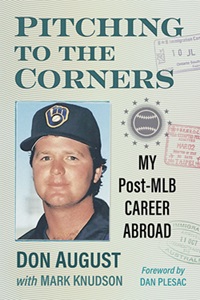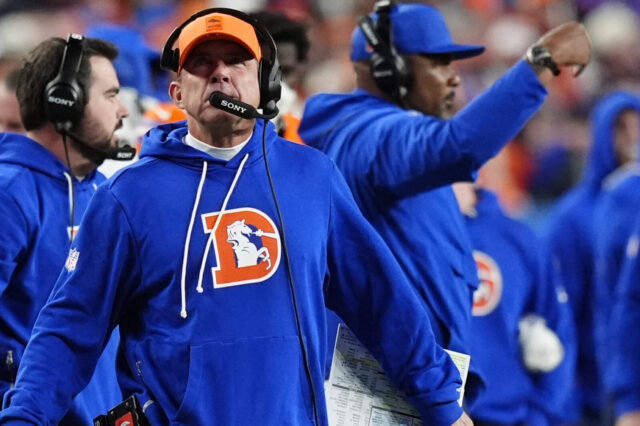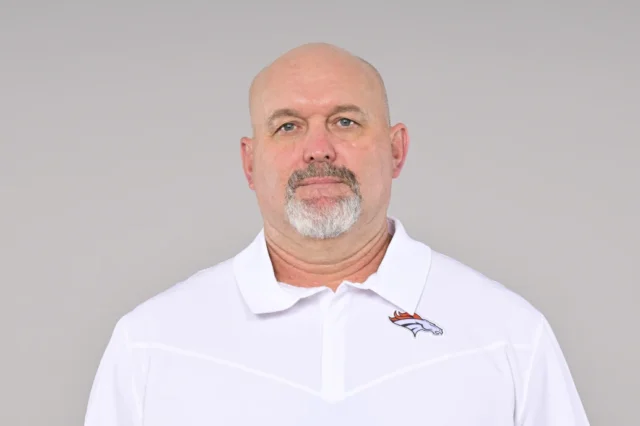Strike 2: When John Elway arrived in Denver in 1983, he was the toast of the town. He elevated the Broncos to perennial contenders in the AFC and eventually carried the team to three Super Bowls in the 1980’s. For many, he was above any sort of criticism.
Not for the Hit Man. Not on the Irv and Joe Show.
“People say I ripped on him…I didn’t really rip on him,” says Joe Williams, now retired and living in Loveland. “I chronicled his failures and his successes. People didn’t want to hear about the failures…especially him. And he had a lot of failures. All I did was talk about it.”
But Elway stopped talking to them.
The star quarterback was not the only high-profile sports figure in town who was on the receiving end of Williams’ pointed critiques. Dan Reeves and even Pat Bowlen also stopped talking to Irv and Joe over some of the things that Williams – unencumbered by the restraints that many of today’s media members have to work under – would say on the air on a daily basis.
Irv and Joe, especially Joe, operated a lot like independent and sometimes investigative journalists.
In June of 1989, Bowlen signed former Dallas placekicker Rafael Septién to a contract with the Broncos. He’d been released by the Cowboys two years earlier after he was indicted on a charge of “mishandling a minor.” He pleaded guilty and was fined and given deferred probation, even though Septién proclaimed his innocence.
Williams went to Texas and did some digging. He found out there was a lot more to the story and when he went back on the radio and detailed what he’d found out, he made some enemies at Broncos HQ. The Broncos faced a ton of backlash (others in the media were also critical of the signing) and they released the kicker before the end of the preseason.
Bowlen didn’t talk to Irv and Joe again for five years. Imagine today’s talk show hosts remaining employed if they were being boycotted by the owner, head coach and star quarterback.
Yet the popularity of Irv and Joe persevered. When Joe and Bowlen both attended a birthday party for the late Barry Fey some five years later, Bowlen approached Joe and apologized, telling him the host had been right about Septién.
None of it was an act for Joe. He was just being himself. While Irv was more conservative with his opinions, he had no issues teeing up his partner and letting him go after anyone in his sights. He rankled plenty of others as well, with fans of the then-powerful Nebraska Cornhuskers at the top of his list.
When Joe was absent for a show, Irv would tell callers who asked about him that “Joe is out walking his pet rat.”
And so it went for the 35-plus year run of the Irv and Joe show. They moved around the dial from station to station, more than 10 in total, but they never changed. Even after the Broncos won Super Bowl 50 and every other sports talk show shifted to “Never an offseason for talking Broncos” format, Irv and Joe stayed true to theirs, focusing just as much on baseball, basketball and college football as they did on the local NFL team. They even spent time on high school sports, which was otherwise ignored in the Denver market.
The aptly named, “Deans of Denver Sports” invented the sports talk format and went on to perfect it. That was before teams and corporate ownerships began to take control of the narrative.
Thursday’s Strike 3: Callers, Irv and Joe and the current state of sports talk radio.





